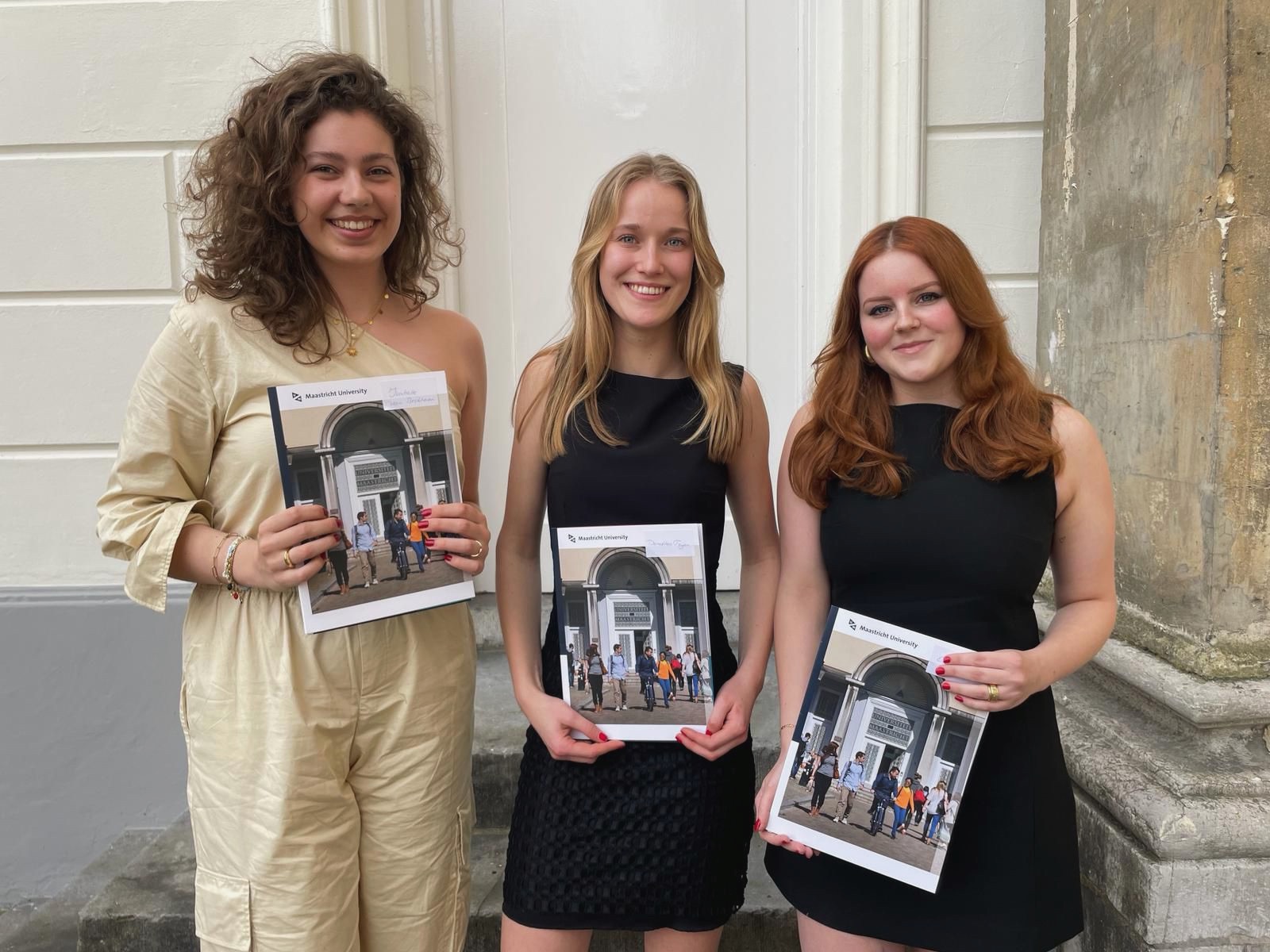Do social networks influence infectious diseases prevention behavior?
The COVID-19 pandemic magnified mainstream recognition of the value of infection prevention behaviors, such as handwashing, cough hygiene, and keeping physical distance from people with respiratory infectious diseases symptoms. These are basic non-pharmaceutical preventive behaviors that people in the community can employ themselves, and thus are widely promoted, during the pandemic and likely also thereafter. Therefore, effective preventive strategies to promote infection preventive behavior are very welcome.

Social networks have the potential to increase the effectiveness and reach of preventive strategies to promote various health behaviors, such as smoking cessation, weight loss, and physical activity. The role of social network aspects in the practice of infection-preventive behaviors had not been not studied yet. Hence, Lisanne Steijvers, Nicole Dukers-Muijrers, Christian Hoebe and colleagues examined this role of a wide-range social network aspects in the period just preceding the COVID-19 pandemic, using baseline-data (2019) from the SaNAE (Social Network Assessment in Adults and Elderly) project. This project aims to investigate social networks in relation to health and behavior, among middle aged and older adults in the Netherlands.
Of 5,128 participants (mean age 63; 54% male), 94% regularly washed hands with water and soap, 55% used only paper (not cloth) handkerchiefs/tissues; 19% touched their face as little as possible; 39% kept distance from people with respiratory infectious disease symptoms; median score of behaviors was 2. Mean network size was 11 (46% family; 27% friends). Independently associated with more preventive behaviors were: ‘strong relationships’, i.e., large share of friends and aspects related to so called ‘weak relationships’, a larger share of distant living network members, higher number of members with whom there was exclusively phone/internet contact, and more network members providing informational support. Club membership and a larger share of same-aged network members were inversely associated.
Friends (‘strong’ relationships) may play an important role in the adoption of infection-preventive behaviors. So may ‘weak relationships’, e.g. geographically more distant network members, who may provide informational support as via non-physical modes of contact. Further steps are to explore employment of these types of relationships when designing infectious diseases control programs aiming to promote infection-preventive behavior in middle aged-and older individuals.
This study was conducted by GGD Zuid Limburg, GGD Limburg Noord, University Maastricht (department Health Promotion), Vrije Universiteit Amsterdam, and funded by ZonMW.
Link to research article: https://doi.org/10.1371/journal.pone.0251862
PhD-candidate: Lisanne Steijvers
Promotors: Nicole Dukers-Muijrers (Department of Health Promotion) and Christian Hoebe (Department of Social Medicine).
Also read
-
The DRIVE-RM consortium, including UM-professor Clemens van Blitterswijk and his team, has been awarded €37.5 million under the prestigious NWO SUMMIT program. The SUMMIT grant recognizes world-class collaborations, while further strengthening these partnerships.
-
Considering the master’s programme Epidemiology at Maastricht University? As a student, you’ll join a broad one-year programme that continuously strives for improvement. After graduation you’ll be eligible to become certified as an Epidemiologist A, and after obtaining a PhD in epidemiology at the...
-
The Honours programme is an extracurricular activity for bachelor’s students in year 2 and 3 to showcase their academic skills and teamwork in a real-life project. We talked to Emma van Straten, a Health Sciences student and Honours alumna who organised an international conference on Lama2 in...


